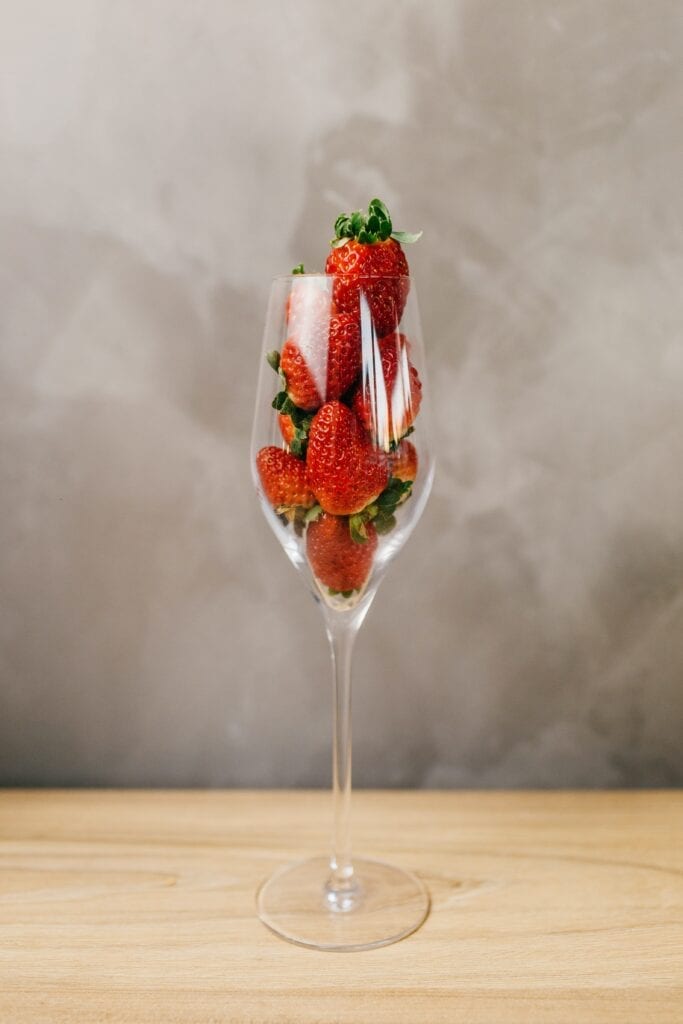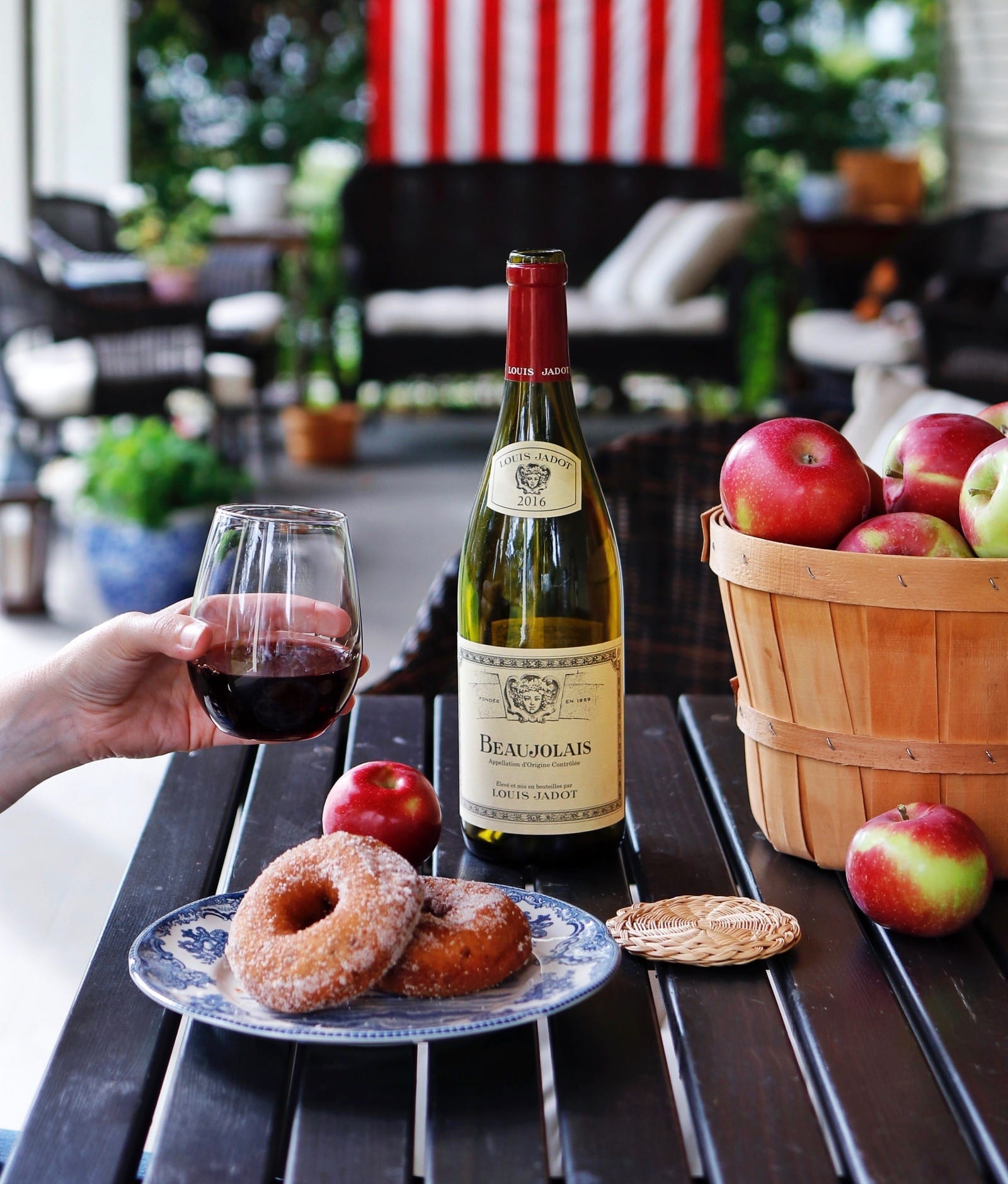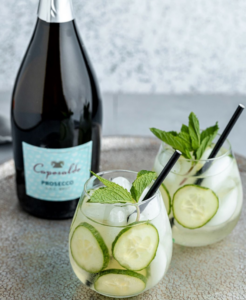The difference between what you sense with your tongue versus your nose might seem obvious, but it’s more difficult than you’d expect. Evaluating wine and distinguishing between tastes—which are objective, measurable, and sensed on the tongue—and flavors—subjective and sensed with the nose—is a difficult task for some that can be improved with training.
How many times have you heard a person say that they despise dry wines, yet you offer them a glass of Beaujolais-Villages and they love it? Beaujolais-Villages is a dry wine, yet it has an enjoyable fruit-forward style without a lot of tannin (which provides a bitter taste). On the other hand, I’ve met individuals who say they won’t drink sweet wines, but when offered a slightly sweet Moscato that is balanced by crisp acidity, they find it refreshing and come running back for more.
Sweet Tastes (tongue) and Fruity Flavors (nose)
 If a wine is sweet, it has a certain measure of residual sugar that is detectable. On the other hand, a wine can be fruity without having detectable measures of residual sugar (i.e. the wine is technically dry yet exhibits flavors of fruit).
If a wine is sweet, it has a certain measure of residual sugar that is detectable. On the other hand, a wine can be fruity without having detectable measures of residual sugar (i.e. the wine is technically dry yet exhibits flavors of fruit).
It’s no wonder a person would confuse the terms; if you bite into a strawberry, it is sweet, so, if you detect a strawberry aroma or flavor in a wine, it would be easy to dub that wine as sweet too. However, this is where the training comes into play.
We have five basic taste zones: sweet, bitter, sour, salty, and umami. Sweetness is first detected on the tip of your tongue and is clearly distinguishable from the other four tastes. You can sense sweet tastes even without using your sense of smell.
Flavors are more complicated and cannot be detected on the tongue alone; they require the use of your nose.




